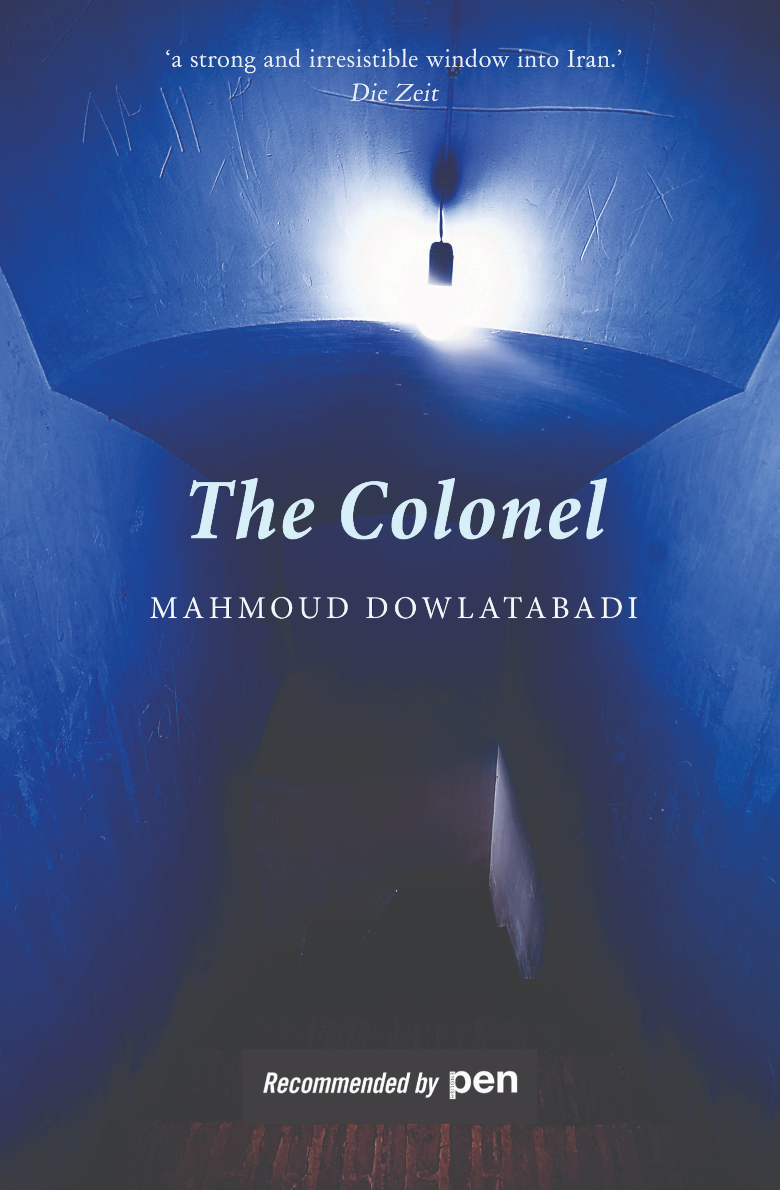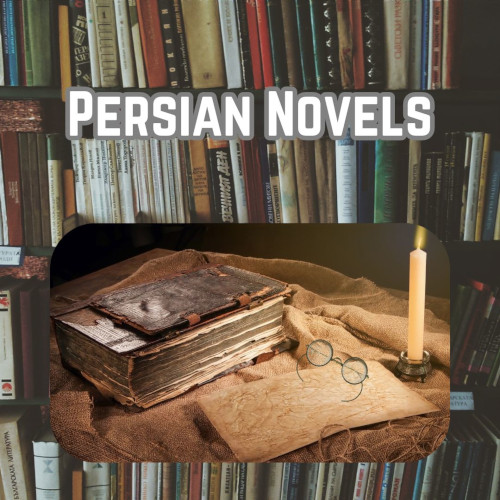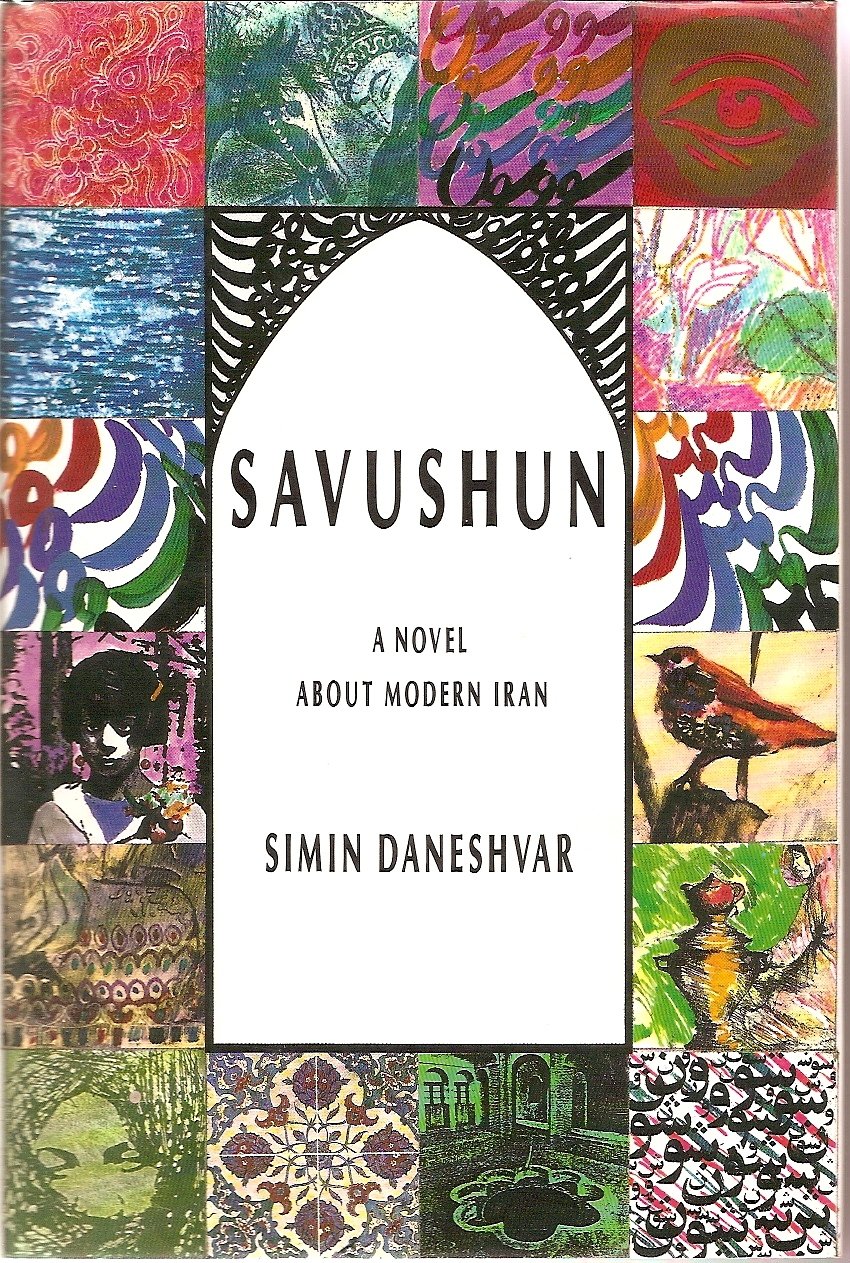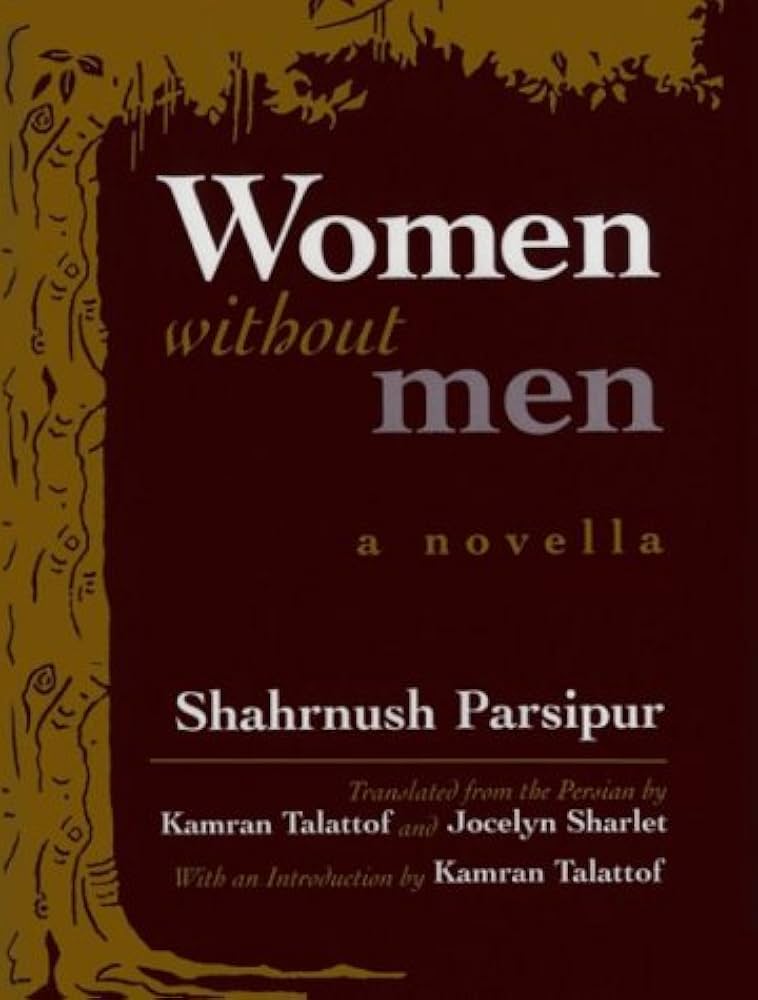The Colonel

Author: Mahmoud Dowlatabadi
Genre: Political fiction
Publication Year: 1980
The Colonel by Mahmoud Dowlatabadi is a powerful and darkly intense novel set in the turbulent political landscape of post-revolutionary Iran. Originally written in Persian in the 1980s but not published in Iran due to its controversial subject matter, The Colonel offers a harrowing look at the Iranian Revolution’s impact on one family, portraying themes of repression, violence, and the quest for justice.
Genre
The Colonel is a work of political fiction, blending elements of psychological drama and historical tragedy. It’s an intense, haunting story that reads like a political thriller and is grounded in social realism.
Description
The Colonel follows the story of a retired Iranian colonel whose life and family have been torn apart by political ideologies and violent upheavals. In the dead of night, he receives a call to retrieve his daughter’s corpse, an event that brings the brutal realities of his family’s history to the surface. Each of his five children represents different generations and ideologies, from loyal supporters of the monarchy to fervent revolutionaries, reflecting the divisions and conflicts that have fractured Iranian society. As the colonel recalls his own experiences and the tragedies that befell his children, he confronts the cost of loyalty, the betrayal of ideals, and the devastating effects of an unforgiving political regime.
Through the colonel’s memories, the novel becomes a complex meditation on guilt, trauma, and the price of silence in the face of authoritarianism. The story unfolds in a nonlinear fashion, creating a dreamlike yet nightmarish quality that mirrors the psychological toll of living through constant political upheaval.
Review
The Colonel is a masterful and haunting portrayal of a man and his family caught in the relentless machinery of political violence. Mahmoud Dowlatabadi’s prose is spare yet profoundly evocative, crafting scenes that resonate with emotion and terror. His writing captures the colonel’s inner torment with an almost poetic depth, making the novel a deeply immersive yet unsettling experience. The nonlinear structure and shifting perspectives add to the sense of disorientation, reflecting the fragmented and broken lives of the characters.
One of Dowlatabadi’s greatest strengths in The Colonel is his ability to capture the psychological consequences of political conflict. The colonel’s memories and regrets unfold in a way that reveals not only his personal sorrow but also the broader tragedy of a nation torn apart by ideological extremes. Each of his children’s paths highlights a different facet of Iran’s turbulent history—from loyalty to the monarchy to the fervor of the Revolution and the disillusionment that followed. Dowlatabadi’s depiction of the younger generation’s dashed hopes and ideals is particularly powerful, showcasing the human cost of a society dominated by oppression and fear.
The Colonel is not an easy read; it’s bleak, intense, and often disturbing. But for those willing to engage with its difficult subject matter, it’s a deeply rewarding novel that offers insight into Iran’s modern history and the complexities of its people’s struggles. Dowlatabadi’s skillful narrative explores themes of guilt, loss, and the moral ambiguity of survival under an oppressive regime, making it a powerful statement on the nature of resilience and the cost of silence.
While its themes are specific to Iran, The Colonel speaks to universal experiences of trauma, loss, and the enduring impact of war on family and identity. The novel’s exploration of a family’s collapse under the weight of political extremism resonates with any reader interested in the intersection of personal and political histories. Mahmoud Dowlatabadi has created an unforgettable, thought-provoking work in The Colonel, a novel that is as important for its political insights as for its compelling human story.



